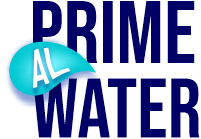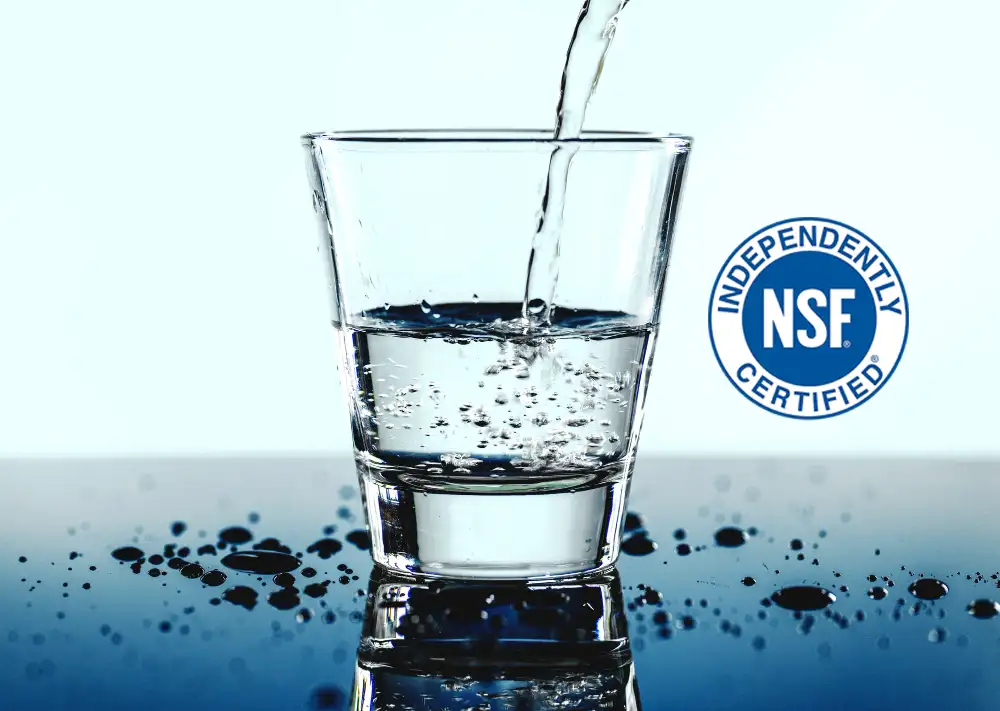The Water Filter Certification Guide
Are you in the market for a new water filter? Before you start sifting through various options, it’s essential to understand water filter certifications.
Welcome to the ultimate Water Filter Certification Guide! In this article, we’ll explore the ins and outs of water filter certifications, breaking down the different types, organizations, and standards to ensure you make an informed decision for the sake of your health and well-being.
So grab a glass of water and settle in; it’s time to quench your thirst for knowledge!
Why Certifications Matter
Certifications play a crucial role in the water filtration industry. They ensure that filters meet specific performance and safety standards, giving you peace of mind knowing that you’re using a reliable and efficient product. In this section, we’ll explore the various reasons why certifications are essential in the world of water filters.
Consumer Confidence
Certifications help build consumer confidence by providing an unbiased evaluation of a water filter’s performance. When you see a certification seal on a product, you know it has been thoroughly tested and meets the necessary standards.
Health and Safety
Certified water filters are guaranteed to reduce harmful contaminants in your water, ensuring that it’s safe for you and your family to consume. The certification process tests filter for their ability to remove specific contaminants, such as lead, chlorine, and cysts.
Reliability and Performance
Certified water filters are rigorously tested for performance and durability. This means that when you invest in a certified filter, you can trust that it will deliver clean, safe water for an extended period.
Certification Bodies and Standards
There are several organizations responsible for testing and certifying water filters. In this section, we’ll take a closer look at the most common certification bodies and the standards they uphold.
NSF International
NSF International is an independent, non-profit organization that develops public health standards and certification programs. They are one of the most respected certification bodies in the water filtration industry, and their NSF/ANSI standards are widely recognized.
Water Quality Association (WQA)
The Water Quality Association (WQA) is a not-for-profit international trade association representing the residential, commercial, and industrial water treatment industry. They offer their Gold Seal Certification Program, which ensures that products meet strict performance and safety standards.
Underwriters Laboratories (UL)
Underwriters Laboratories (UL) is a global safety certification company that tests and certifies water treatment products. Their certification process ensures that products meet their strict safety and performance standards.
Common Certifications and What They Mean
Now that we’ve covered the certification bodies, let’s explore the common certifications you’ll encounter when shopping for a water filter.
NSF/ANSI Standard 42
This certification covers aesthetic effects, such as taste, odor, and clarity. Filters certified to this standard have been tested for their ability to reduce chlorine, particulate matter, and other contaminants that affect the water’s appearance and taste.
NSF/ANSI Standard 53
Filters with this certification have been tested for their ability to reduce contaminants that pose a health risk, such as lead, mercury, and asbestos. Standard 53 also includes testing for the reduction of certain parasites and cysts.
NSF/ANSI Standard 58
This certification is specific to reverse osmosis (RO) systems. Filters certified to this standard have been tested for their ability to reduce a wide range of contaminants, including heavy metals, nitrates, and TDS (Total Dissolved Solids).
NSF/ANSI Standard 401
Standard 401 covers emerging contaminants, including pharmaceuticals, pesticides, and herbicides. Filters certified to this standard have been tested for their ability to reduce these emerging contaminants, ensuring your water is free from potentially harmful substances.
WQA Gold Seal
The WQA Gold Seal Certification guarantees that a water filter meets or exceeds industry standards for contaminant reduction, structural integrity, and material safety. This certification is a reliable indicator of a high-quality water filter.
UL Certification
UL-certified water filters have undergone rigorous testing to ensure they meet strict safety and performance standards. This certification ensures that a filter is reliable and safe to use in your home.
Choosing the Right Certified Water Filter
With so many certifications and standards, it can be challenging to determine which filter is best for your needs. In this section, we’ll offer some helpful tips for selecting the right certified water filter for your home.
Identify Your Water Quality Issues
Start by identifying the specific water quality issues in your home. You can do this by having your water tested or reviewing your local water quality report. Once you know the contaminants present in your water, you can select a filter certified to address those concerns.
Determine Your Budget
Water filters come in various price ranges, from affordable pitchers to more expensive whole-house systems. Determine your budget before shopping to narrow down your options and avoid overspending.
Consider Filter Longevity
The lifespan of water filters can vary significantly. Look for filters with longer lifespans and replacement indicators to ensure you’re getting the most value for your money.
Check for Multiple Certifications
Some water filters may hold certifications from multiple organizations, indicating they meet a wide range of standards. Opting for a filter with multiple certifications can provide extra assurance that it’s a reliable and high-quality product.
FAQs About Water Filter Certification Guide
1. Do all water filters need certification?
While not legally required, certification is an essential factor to consider when choosing a water filter. Certified filters have been tested for performance and safety, providing peace of mind and ensuring you’re investing in a reliable product.
2. Can I trust uncertified water filters?
It’s always best to choose a certified water filter, as uncertified filters may not meet industry standards for performance and safety. When it comes to your health and the quality of your drinking water, it’s better to err on the side of caution.
3. Are certified water filters more expensive?
Certified water filters may be slightly more expensive than uncertified alternatives, but the additional cost is often worth the peace of mind and assurance of performance. Keep in mind that investing in a certified filter can save you money in the long run by protecting your health and avoiding potential water quality issues.
4. How do I know if a water filter is certified?
Certified water filters will typically display the certification seal or logo on the packaging, product, or product documentation. You can also check the manufacturer’s website or contact the certification body to verify the certification status of a particular filter.
5. Can a water filter lose its certification?
Yes, a water filter can lose its certification if it fails to meet the certification body’s ongoing standards. Manufacturers must maintain their certification through regular testing and compliance with industry standards.
6. Do I need to replace my certified water filter regularly?
Yes, it’s essential to replace your certified water filter according to the manufacturer’s recommendations. Over time, filters can become less effective at reducing contaminants, so regular replacement is necessary to maintain optimal performance.
Conclusion
Understanding water filter certifications is crucial when choosing the best filtration system for your home. With our comprehensive Water Filter Certification Guide, you now have the knowledge to make an informed decision about which certified filter best suits your needs.
Remember to consider factors such as the specific contaminants in your water, your budget, filter longevity, and multiple certifications when selecting the ideal water filter for your home. By choosing a certified water filter, you’re investing in the health and well-being of you and your family, ensuring that you have access to clean, safe, and great-tasting water.
So, the next time you find yourself in the market for a new water filter, don’t forget to reference this guide and prioritize certifications. After all, a certified filter is a crucial step toward a healthier and happier home. Cheers to cleaner, safer water!


